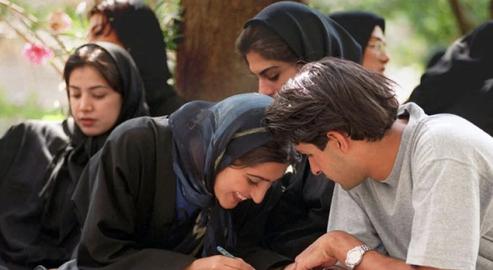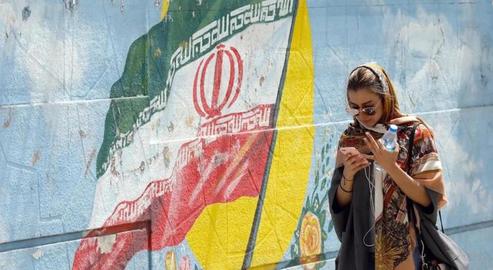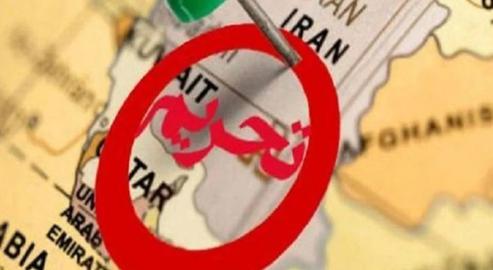Two more horrific so-called “honor killings” of women and girls came to light this month. The patriarchal belief system that underpins these murders can sometimes be hard to unpack. But there are signs that it is beginning to lose its grip on the younger generation of men and boys in Iran.
Two recent studies by Iranian universities found that male students in Iran were less convinced by the assumptions of the past, both with regard to what “masculinity” should look like and the traditionally-perceived role of women and girls as property or a passive “second sex”.
Forty years after the Islamic Revolution, the ruling clergy still opposes any shift in the balance of power in favor of sex and gender equality. But each successive generation includes men and boys who are more enlightened, educated, and worldly than those that came before them, and there are signs that the old buzzwords and totems – “modesty”, “honor”, “zeal” and “virginity”, to name a few – no longer hold the power they once did over the young.
Though hard to quantify in official statistics, male respect for women as individuals and the concept of women’s rights appears, albeit by degrees and unevenly, to be coming to be seen as a given instead of a threat.
These were the conclusions drawn by the two studies, published in the female-only Al-Zahra University’s religious-social quarterly Women Social and Psychological Studies and by the Ferdowsi University of Mashhad. Both observed dramatic social changes in Iran and surmised that overall, the trend was toward viewing women as independent beings with agency.
Violence Against Women: An Exception, Not the Norm
The study published by Al-Zahra University featured a survey of 400 male students at public universities in Mazandaran province. The participants were specifically asked about violence against women in various forms and their feelings about it. Overall, it found, the majority of young men (72.5 percent) saw violence against women as a negative phenomenon, 26 percent were uncertain, and just 1 percent saw it as a positive.
The results, the authors wrote, “show that the issue of violence against women and attitudes toward it is not inevitable; rather, it is created under the influence of the structure and ideology that governs society, the social ties of the individual with those around him, and the rewards and punishments he receives [for] his actions.”
Of those young men surveyed who had partners, 62 percent said they “hated” the idea of any obscenity being directed at them, and 60 percent of any physical confrontation. Just 0.49 percent said they would consider raising a hand to their spouse if they found out that they had lied to them.
Male Students in Mashhad Back Free Relationships
New qualitative research published by Ferdowsi University of Mashhad, entitled Driving Forces and Challenges of Chastity in Male Students, also appeared to show profound social changes in regard to how young men perceive themselves vis-à-vis women.
In a series of responses, participating students attacked the strict religious and traditional laws constraining free, consent-based relationships between men and women. Some used the opportunity to mock the previous generation, as well as notions of traditionally “male” characteristics like “honor” and “zeal”, with some going so far as to call them “backward”.
One wrote: “I know these relations are forbidden and haram. But I don’t care. Everyone has an opinion, and I prefer these relationships for now to thinking about God and the hereafter.” Another described the obsolescence of religious beliefs among the student population, stating: “These ideas have become outdated. I can’t abstain from enjoying myself because of what was said years ago.” Another said: “I don’t call it an illegitimate relationship. I call it experience and pleasure.”
Several respondents indicated they held a modern, libertarian view of marriage and marital obligations, with some openly rubbishing the notion of “chastity”. “What a person has done before marriage has nothing to do with the person he or she will marry in the future,” one said. “Equal rights for men and women are now accepted. Even my sister’s relationships are her own business.” Still another male participant said they were “completely” opposed to the concept of a mahram: an unmarriageable male relative who, in traditional Shiite thought, holds a special and “protective” function in a given woman’s life.
Some of those surveyed said they wanted to live in the West because of the relative lack of social restrictions there. "When the new society and the new generation want something,” one participant said, "what has the previous generation got to do with it?"
Related coverage:
Iranian Man and Woman on Death Row for Sex Outside of Marriage
Why do Iranian Police Have a Problem With Valentine's Day?
Iranian Men Mobilize Against Honor Killings
Presidential Hopeful's Sexist and Racist Comments Stun Even His Most Ardent Followers
New Research: Sexist Stereotypes Still Bar Iranian Women From Top Jobs
Mashhad's Friday Imam: Women City Councillors Shouldn't Talk 'Like Men'
Government Study: Schoolgirls in Iran are Turning Away From Hijab
visit the accountability section
In this section of Iran Wire, you can contact the officials and launch your campaign for various problems
























comments